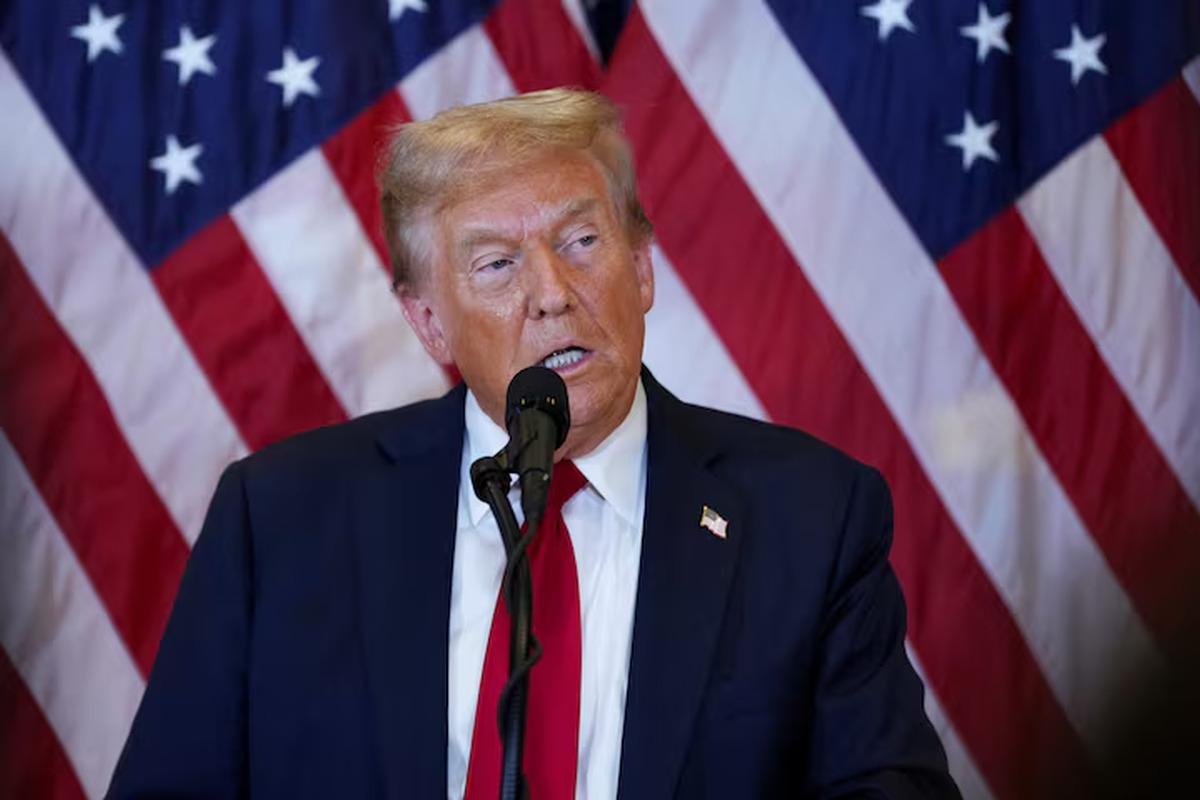MeitY is in discussions with global Fortune 500 and Fortune 1000 companies, mid-tier firms, and state government officials on a three-pronged approach to setting up new GCCs in India.

Illustration: Dominic Xavier/Rediff
The central government will soon come out with a framework to guide states in setting up global capability centres (GCCs) in their respective geographies, especially Tier-II towns and cities, a senior government official said.
The ministry of electronics and information technology is in discussions with senior executives from global Fortune 500 and Fortune 1000 companies, mid-tier firms, and Indian state government officials on a three-pronged approach to setting up new GCCs in India, another official said.
The first approach involves addressing the talent pipeline by understanding the requirements, such as the type of technical degree and expertise needed by a company planning to set up a GCC, one of the officials said.
“So, if there is an aircraft engine maker that wants to set up a GCC in India, it may not need many people with deep software expertise but instead seek individuals with working knowledge of software and deep domain knowledge in metallurgical, mechanical, or aeronautical engineering. We will talk to GCCs and figure out their specific needs,” the official quoted above said.
The second approach involves bringing all states on board for the various approvals and incentives to be offered to GCCs establishing operations in those states, one of the officials said, adding that the aim is to create a common portal through which these applications can be processed via a single-window clearance.
“This will be akin to how all the states were brought on board for a single portal for right-of-way clearances for telecommunications companies. The approval window was cut down to seven days in that case. We’ll aim for something along those lines,” the official said.
The third approach involves the information technology ministry working with states and GCCs on talent curation and integrating research and development (R&D) capabilities into these centres, the official said.
“Akin to the idea of setting up research parks in institutes of higher learning and eminence, such as the Indian Institute of Technology Madras, we will talk to GCCs and state governments about the requirements for establishing R&D centres within the GCC premises,” the official said.
In the Union Budget 2025-26, Finance Minister Nirmala Sitharaman announced the framework as “guidance to states for promoting GCCs in emerging Tier-II cities”.
India currently has more than 1,700 GCCs and is expected to have close to 2,000 by the end of this calendar year, according to officials.
The number of GCCs in India with annual revenue exceeding $1 billion is expected to reach about 30 this year, up from 24 last year, according to Pune-based consultancy Wizmatic.
For the financial year ended March 31, 2024, there were around 24 GCCs generating annual revenue of more than $1 billion.
This major banks such as JPMorganChase, Wells Fargo, Citicorp, Barclays, HSBC, Standard Chartered, and Bank of America, according to Wizmatic.
Three-pronged approach
* Talent pipeline alignment: Assess and match technical skills and degrees required by different industries
* State-level coordination: States to be brought on a common portal for single-window clearance
* Talent curation & R&D collaboration: Joint effort by Meity, states, and companies to build skilled talent and enable in-house R&D
Feature Presentation: Rajesh Alva/Rediff




